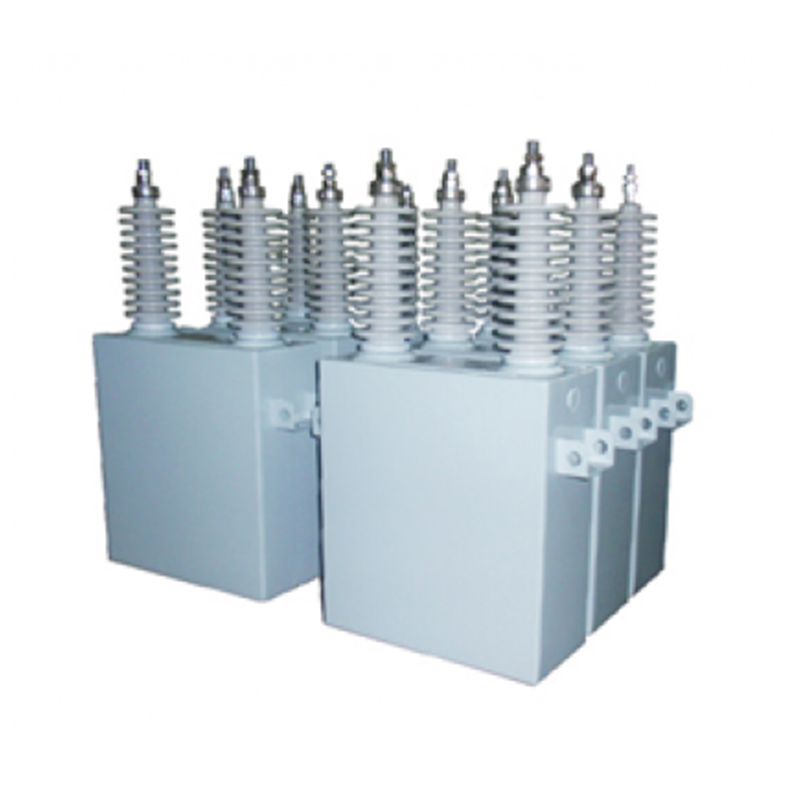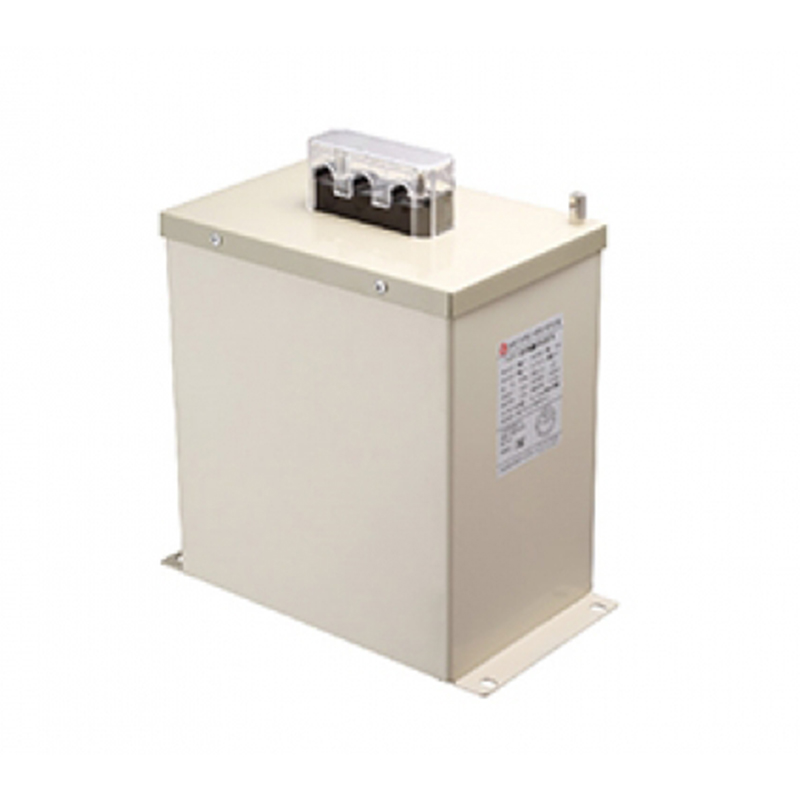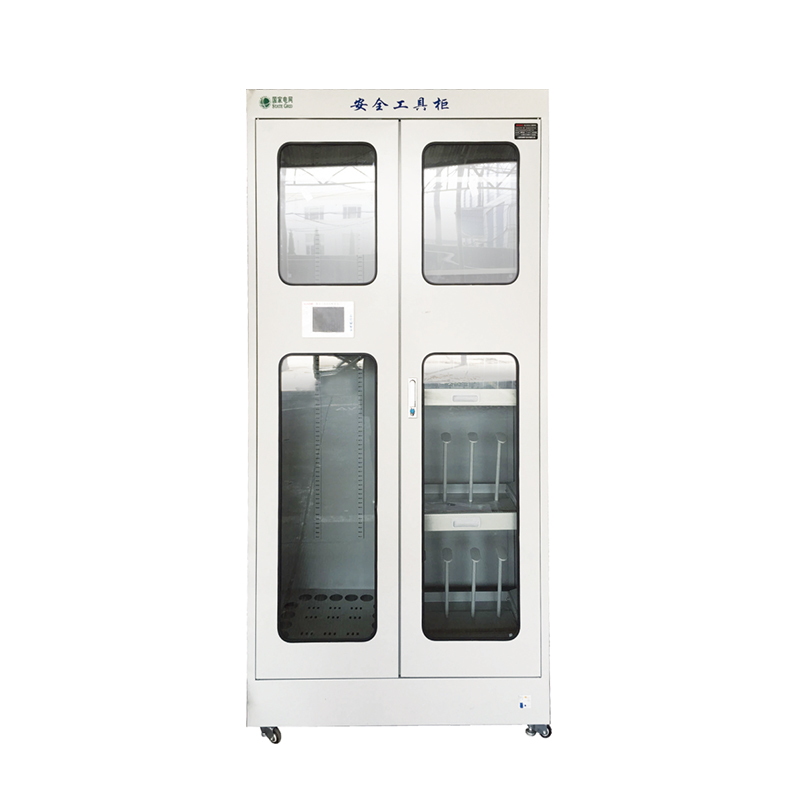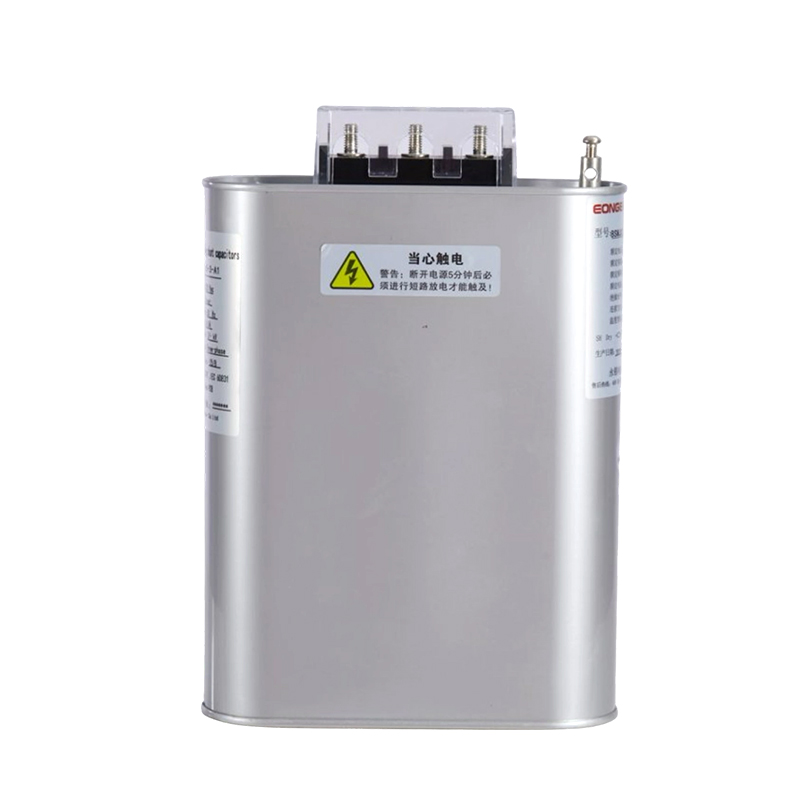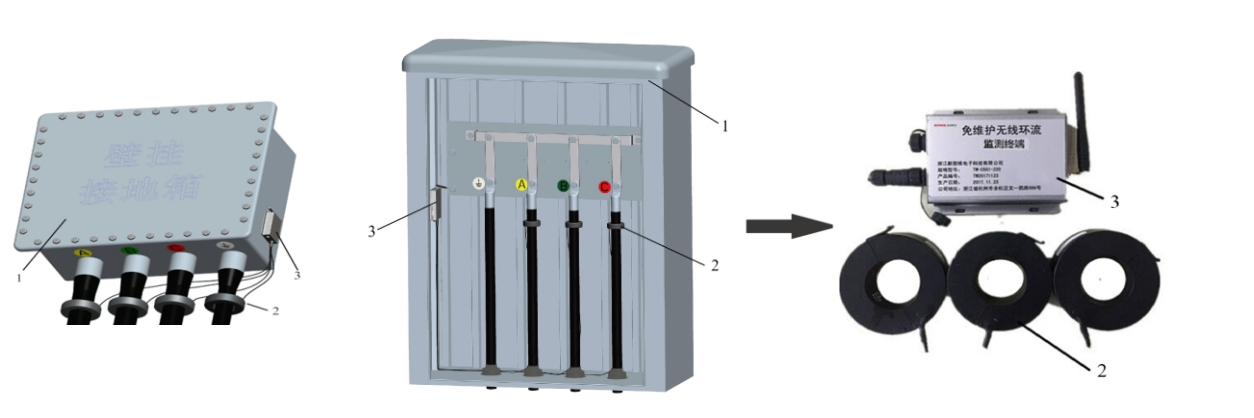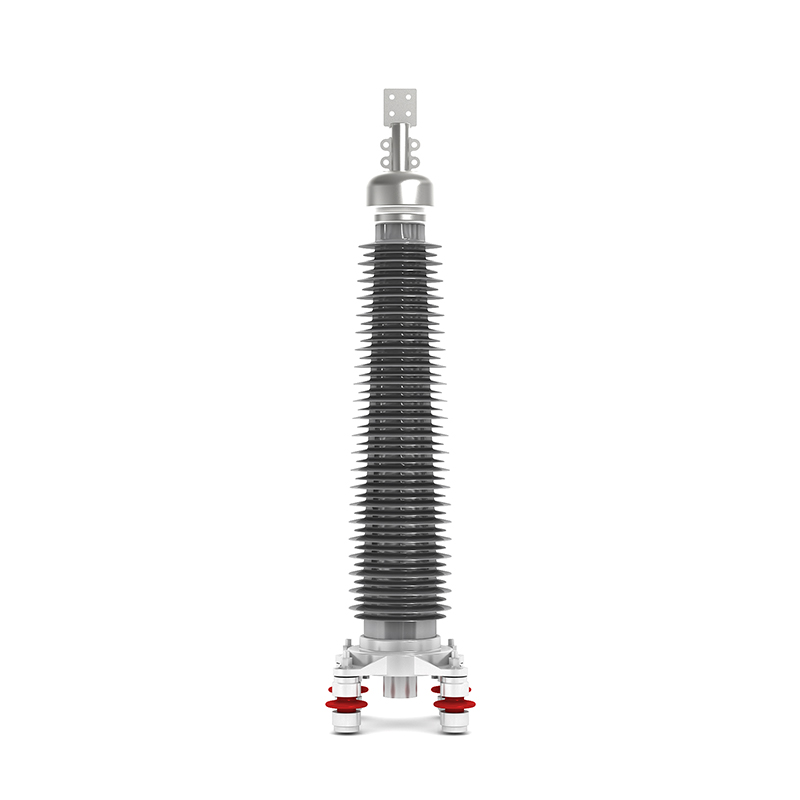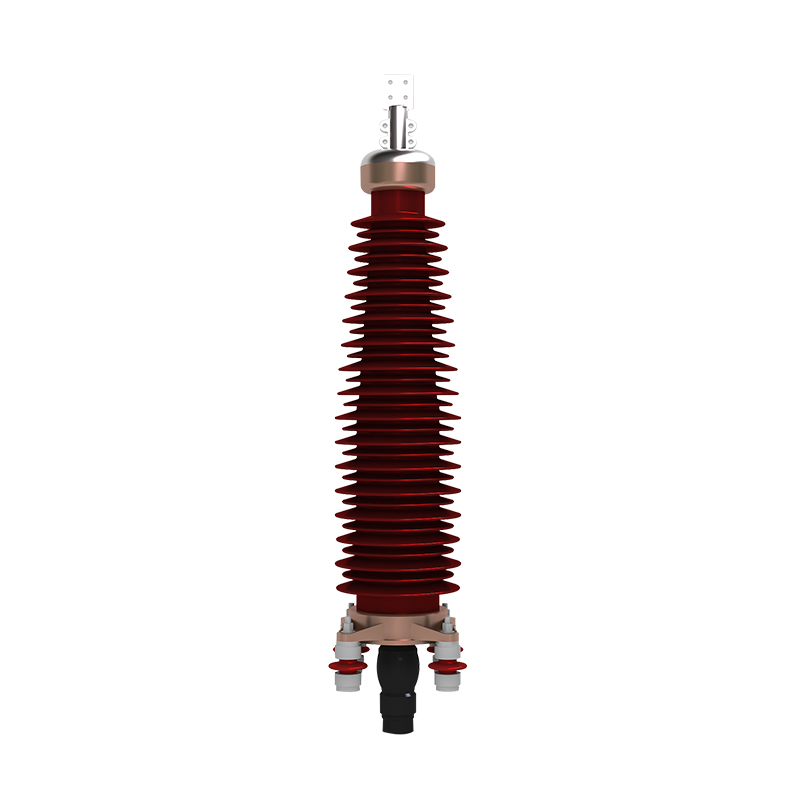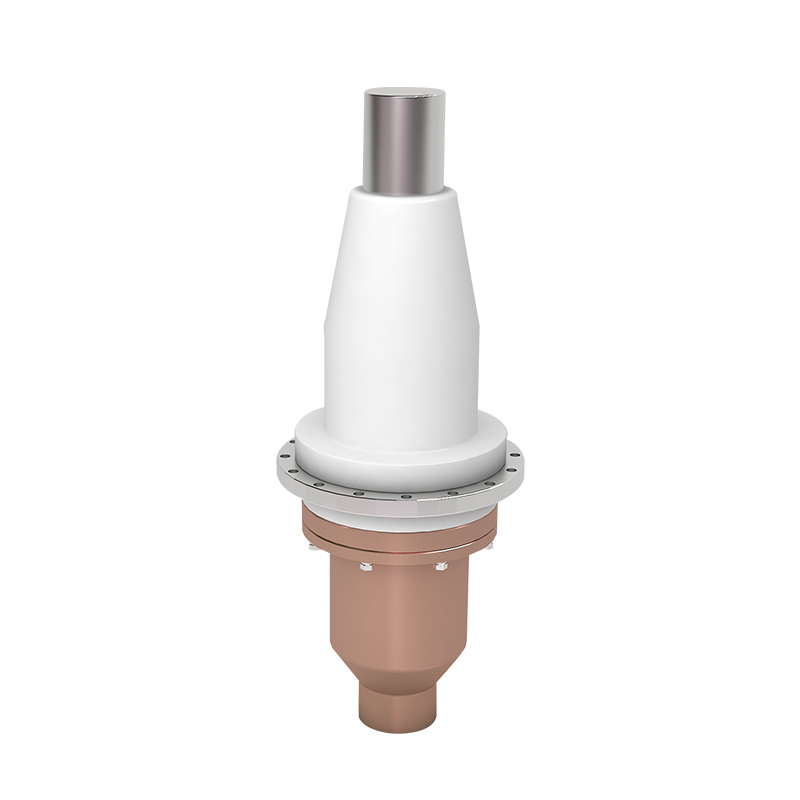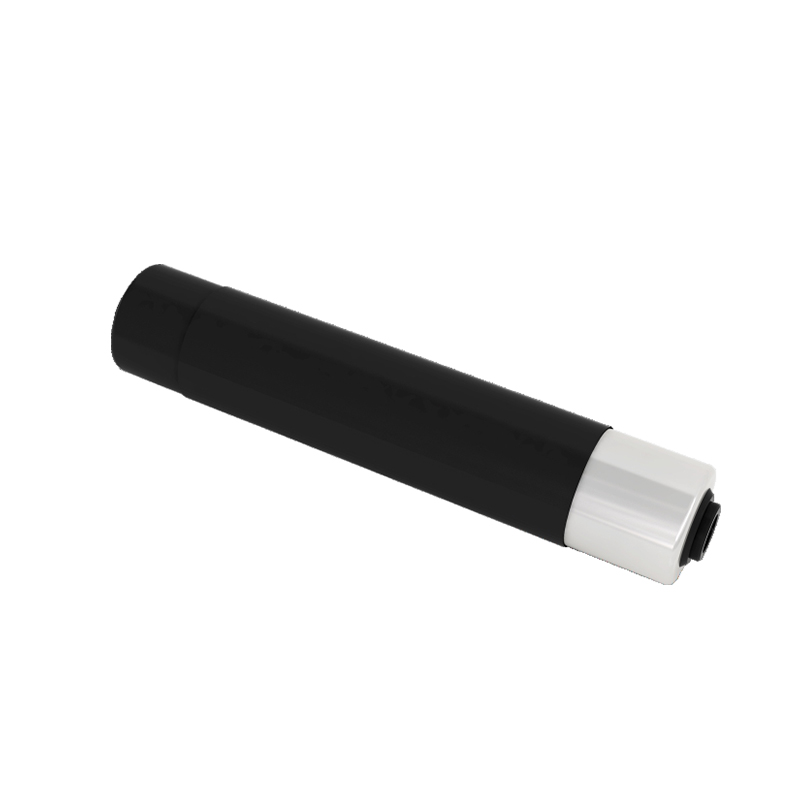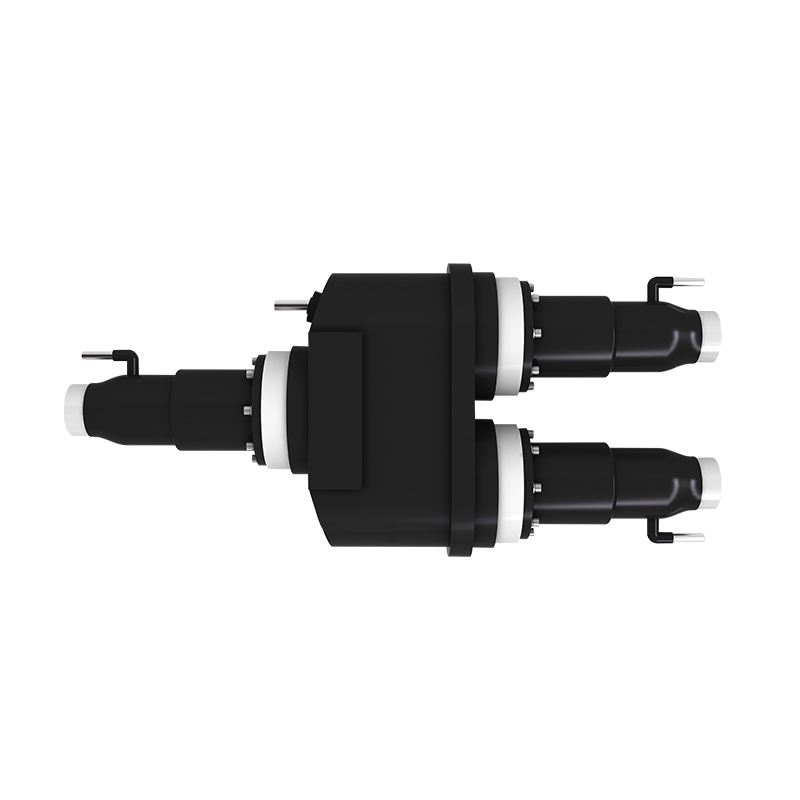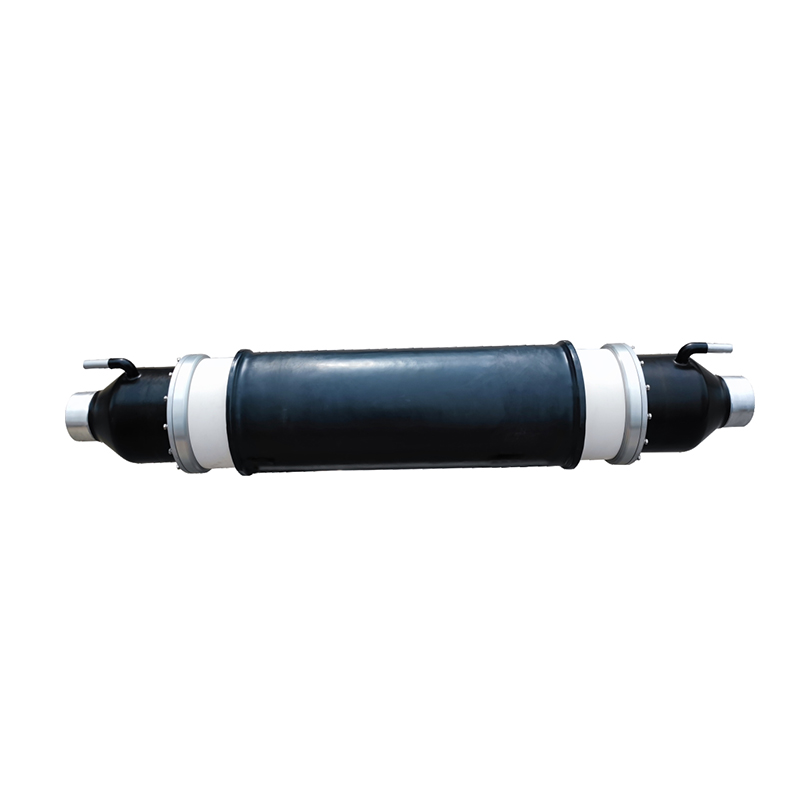Performance of High Voltage Capacitor Units Under High-Frequency Operation
Importance of High-Frequency Performance
High Voltage Capacitor Units are integral to modern power electronics, pulse power systems, and high-voltage industrial equipment. In applications involving rapid charging and discharging, such as in inverters, resonant circuits, or pulsed power systems, the capacitor’s performance under high-frequency conditions is critical. Poor high-frequency performance can cause energy loss, heat generation, reduced efficiency, and even premature failure. Understanding how these capacitors behave at high frequencies allows engineers to design reliable and efficient electrical systems.
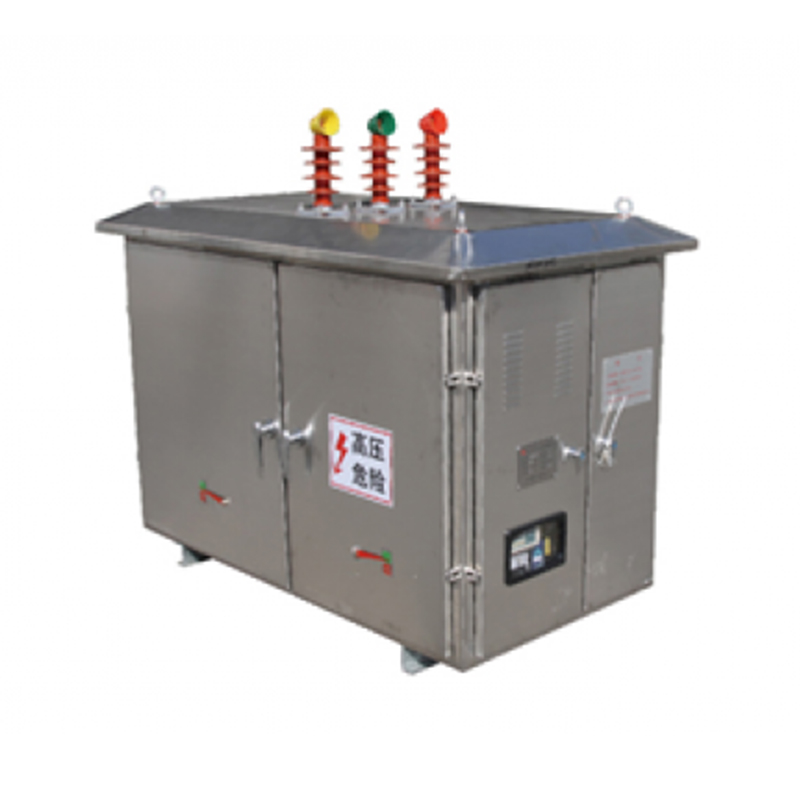
Capacitance Stability at High Frequencies
One key factor in high-frequency performance is the stability of capacitance under rapidly changing voltages. High-frequency operation can cause dielectric materials to behave differently than under DC or low-frequency AC conditions. Some dielectric materials, such as polypropylene or ceramic, offer stable capacitance across a wide frequency range, making them suitable for high-speed switching applications. In contrast, capacitors with less suitable dielectrics may experience significant capacitance reduction, causing inefficient energy storage and unexpected voltage variations.
Equivalent Series Resistance (ESR) Considerations
High-frequency performance is also strongly influenced by the equivalent series resistance (ESR) of the capacitor. ESR represents internal resistive losses, which become more pronounced at high frequencies. Excessive ESR results in heat generation, reduced efficiency, and potential thermal stress. Low-ESR capacitors are specifically designed for high-frequency applications, ensuring energy loss and maintaining stable operation. Selecting a capacitor with appropriate ESR characteristics is critical to prevent overheating and to support sustained high-frequency cycling.
Thermal Management and Heat Dissipation
High-frequency operation increases energy dissipation within the capacitor, generating heat that must be effectively managed. Overheating can degrade dielectric materials, increase leakage current, and reduce overall service life. High Voltage Capacitor Units designed for high-frequency use often feature optimized internal construction and cooling mechanisms to enhance thermal management. Proper ventilation, heat sinks, or specialized packaging help dissipate heat, ensuring reliable operation under continuous high-speed cycling.
Dielectric and Insulation Performance
The choice of dielectric and insulation materials significantly affects high-frequency performance. Materials must withstand rapid voltage changes without breakdown, partial discharge, or excessive dielectric loss. High-quality capacitors incorporate advanced dielectrics that resist frequency-dependent losses, maintain stable insulation resistance, and reduce leakage current. These design considerations allow the capacitor to operate efficiently in demanding high-frequency applications without compromising safety or reliability.
Testing and Operational Considerations
Testing capacitors under simulated high-frequency conditions is essential for ensuring performance and reliability. Engineers evaluate parameters such as capacitance stability, ESR, dissipation factor, and thermal behavior across the expected frequency range. Operational guidelines, including voltage derating and thermal monitoring, further enhance safe performance. Proper testing and adherence to manufacturer specifications ensure that High Voltage Capacitor Units meet the rigorous demands of high-frequency environments.
Ensuring Reliability in High-Frequency Applications
High Voltage Capacitor Units must maintain stable capacitance, low ESR, effective thermal management, and robust dielectric performance to operate reliably under high-frequency conditions. Selecting capacitors designed for rapid cycling, combined with careful testing and operational monitoring, ensures efficiency, durability, and safety. Understanding the unique challenges of high-frequency operation allows engineers to design systems that leverage the full potential of these capacitors while reducing energy loss and thermal stress, making them indispensable in modern power electronics and industrial applications.
Recommended Products
The variety of models, to meet the development needs of various regions in the world.
-
Add: No. 508, Dongye Road, Dongjing Town, Songjiang District, Shanghai
-
Tel: +86-13757652508
-
E-mail: [email protected] [email protected]
 English
English 中文简体
中文简体 русский
русский Español
Español عربى
عربى